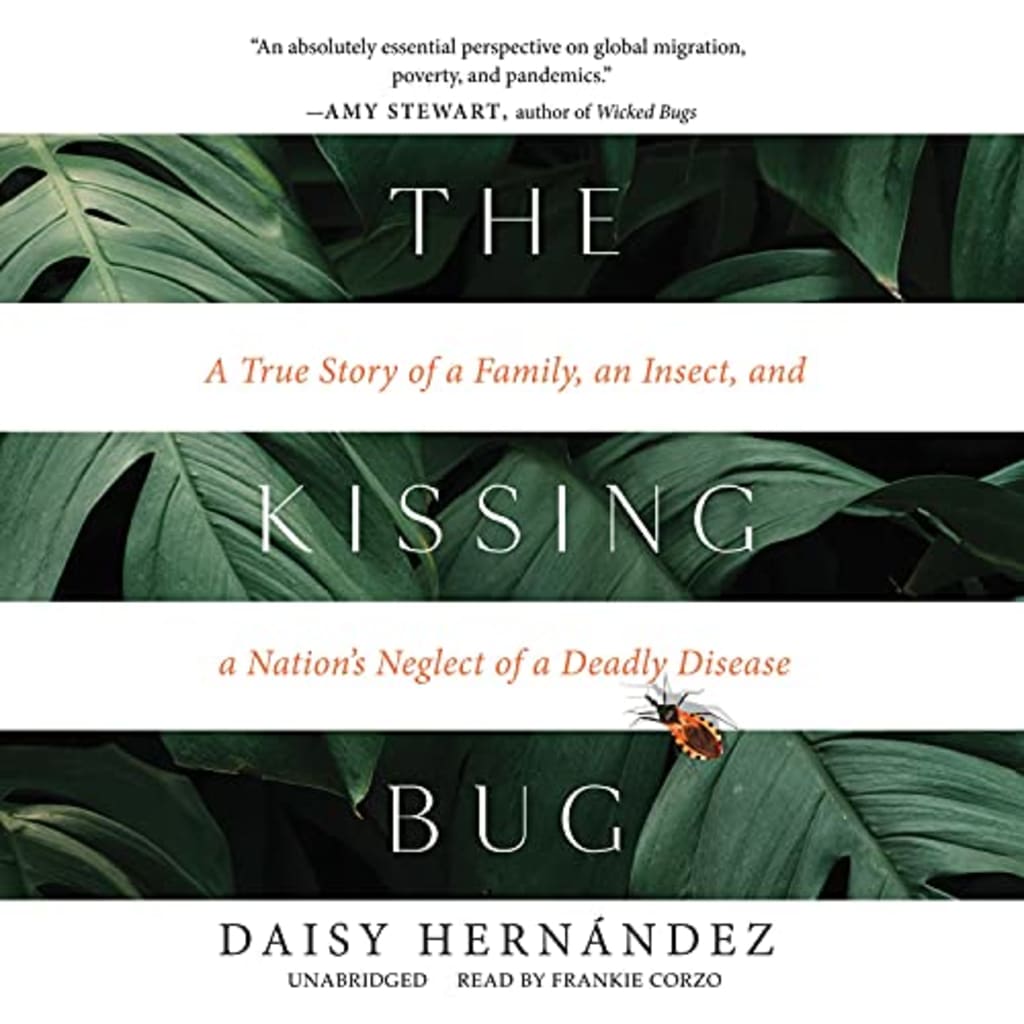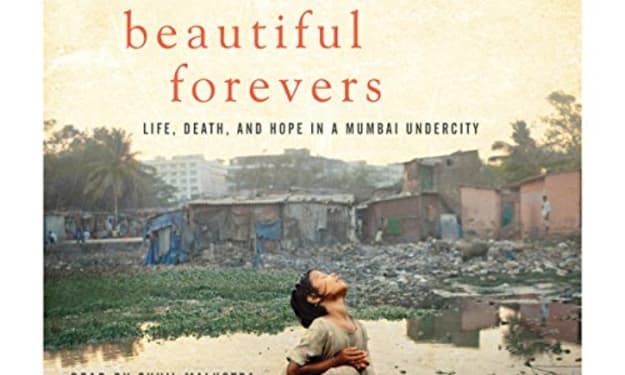The Kissing Bug: A True Story of a Family, an Insect, and a Nation’s Neglect of a Deadly Disease
Daisy Hernandez

In this compelling and reflective book, Daisy Hernández, an esteemed author and journalist, delves into the profound impact of Chagas disease, an often neglected tropical ailment that affects many Latin American immigrants residing in the United States. By integrating scientific data with interviews conducted among families, Hernández effectively humanizes the phenomenon of this understated epidemic, shedding light on the wider healthcare disparities experienced by vulnerable populations.
Hernández chronicles her aunt’s struggle with Chagas's illness by incorporating her personal investigative work. The author provides a detailed account of Tía Dormi’s disconcerting symptoms that manifested years before her eventual diagnosis, alongside the doctors’ dismissive demeanor towards Dormi’s grievances. This study investigates the transmission of the Chagas parasite by little kissing bugs during their nighttime feeding activities, shedding light on the mechanisms by which the parasite is transferred from one host to another.
Hernández elucidates the distressing historical trajectory by which Chagas disease got deeply rooted inside socioeconomically disadvantaged areas of Latin America, employing interviews with esteemed researchers as a primary source of information. The author provides contemporary approximations indicating that over 300,000 individuals inside the United States may possess undetected infections. Hernández juxtaposes the substantial magnitude of this figure with the limited medical care allocated to Chagas disease and the insufficient commitment towards the advancement of novel therapeutic interventions.
In addition to elucidating her family’s personal experience, Hernández highlights the various obstacles and discriminatory practices that impede access to sufficient healthcare for illegal immigrants, agricultural laborers, and other vulnerable populations. The author presents perspectives from a farm laborer who, upon disclosing symptoms of Chagas disease to their employer, was terminated rather than provided with assistance. The phenomenon of doctors refusing to treat individuals without insurance and the exorbitant prices of pharmaceuticals for those who do receive treatment are well-documented.
Hernández effectively communicates her personal astonishment at deficiencies within the medical system while advocating for the deteriorating health of her aunt. The author delineates the profound dependence of her family on domestic remedies in the face of challenges in obtaining adequate medical assistance. The deep human ties at the core of this narrative are exemplified by the unwavering optimism and dedication exhibited by the protagonist’s mother in her raising of Dormi.
The amalgamation of biography and reportage ultimately renders “The Kissing Bug” captivating. Hernández’s comprehensive investigative journalism thoroughly explores Chagas disease from multiple perspectives while also navigating her personal emotional journey in response to her aunt’s deteriorating health. The author effectively engages the reader by candidly disclosing intimate dialogues, concerns, and remorse, providing an immersive account of her family’s journey. We share a deep understanding of her feelings of unfairness, as the presence of defective society systems further intensifies this preventable health emergency.
Hernández combines incisive analyses of inequity and neglect with a nuanced and empathetic viewpoint. The individual admires the medical professionals, and researchers committed to assisting individuals affected with Chagas disease despite facing constraints regarding available resources. The individual acknowledges that the solutions to the issue are intricate and encompass more than a single entity that can be held accountable. The author’s narrative challenges readers to confront brutal realities while maintaining a mindset of receptiveness, compassion, and optimism.
The potential role of societal shortcomings in contributing to the dissemination of Chagas disease, hence allowing its covert persistence over an extended period, warrants consideration. However, Hernández’s publication provides crucial visibility, offering a personal perspective on the consequences of our shared disregard. “The Kissing Bug” acts as a case study that sheds light on the challenges encountered by minority groups within public health. Hernández’s tale, characterized by its rawness and insightfulness, can incite action among readers through enlightenment, the stimulation of outrage, and the promotion of advocacy.
Primarily, this literary work effectively portrays the admirable fortitude exhibited by Hernández’s family as they unite with affection and bravery in the face of extraordinary adversity. “The Kissing Bug” is a unique and crucially necessary book due to its compelling portrayal of the human condition. Hernández effectively employs the art of storytelling to bring attention to marginalized forms of suffering, emphasizing the significance of recognizing that the data we encounter represent individuals who depend on our empathy and proactive engagement.
If you sign up for a 30-day free trial on Audible, you can get two free audiobooks to start, allowing you to purchase any book you choose.
This won’t cost you anything, and I will earn a small commission.
Cancel at any time. A member’s books are theirs to keep, even if they cancel
Just click on this link:





Comments
There are no comments for this story
Be the first to respond and start the conversation.